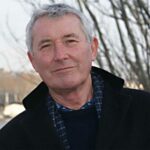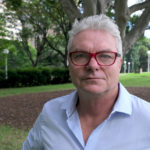Drop the Whistleblower Prosecutions: An Interview With AAPP’s Kathryn Kelly
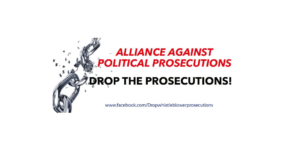
Currently, the federal government is continuing the prosecutions against a number of its former distinguished representatives and affiliates for blowing the whistle on the corrupt practices of its officials and agents.
Former ACT attorney general Bernard Collaery is one of them. The well-known barrister has recently been in court challenging the secrecy provisions that his case has been shrouded in due to decisions made by the nation’s ex-chief lawmaker Christian Porter.
Collaery is being pursued for his part in exposing the Howard government’s 2004 bugging of the East Timor cabinet offices, in an effort to gain inside information regarding how the newly independent and desperately poor nation would proceed in gas and oil treaty negotiations.
Just what details Collaery is supposed to have leaked remains hidden. But it is known that he and fellow whistleblower Witness K – the former ASIS officer who led the bugging operation – weren’t proceeded against after 2013 raids – rather it was in 2018, following Porter becoming AG.
A tale of two tellings
Meanwhile, the government is continuing its prosecution of former ADF lawyer David McBride, who, after two tours of Afghanistan, found his conscience made it necessary to go to the press with revelations around how Australian special forces troops were operating over there.
McBride went to the ABC with classified documents, only after he’d exhausted all internal avenues within the Australian Defence Forces in his attempt to raise concerns over the mismanagement of the conflict that was leading to lawlessness on the ground.
The lawyer has been charged with leaking information that formed the 2017 Afghan Files. However, the government a year earlier had commissioned the Brereton investigation into similar claims around Australian operations in the Central Asian country.
The Brereton report was released late last year. It recommended the investigation of 36 matters for possible criminal prosecution. It stressed that ADF management was unaware of incidents on the ground. And despite the similar nature of the report revelations, McBride’s persecution continues.
Settling scores
In deciding whether to press charges, the independent Commonwealth Director of Public Prosecutions (CDPP) must consider if proceeding to prosecution is in the public interest.
The growing numbers of whistleblower supporters are questioning why the prosecutions are in the public interest, along with just how independent the CDPP has been on these matters.
Strongest amongst those supporters is the Alliance Against Political Prosecutions, which has been staging regular protest rallies in support of those whose liberty is at stake over having exposed the corruption of government. AAPP provides regular updates on Drop the Whistleblower Prosecutions.
Sydney Criminal Lawyers spoke to AAPP co-convenor Kathryn Kelly about the implications of the prosecutions for the entire nation, the disconnect between the Brereton report and the McBride prosecution and Collaery’s involvement having been prompted by a government recommendation.
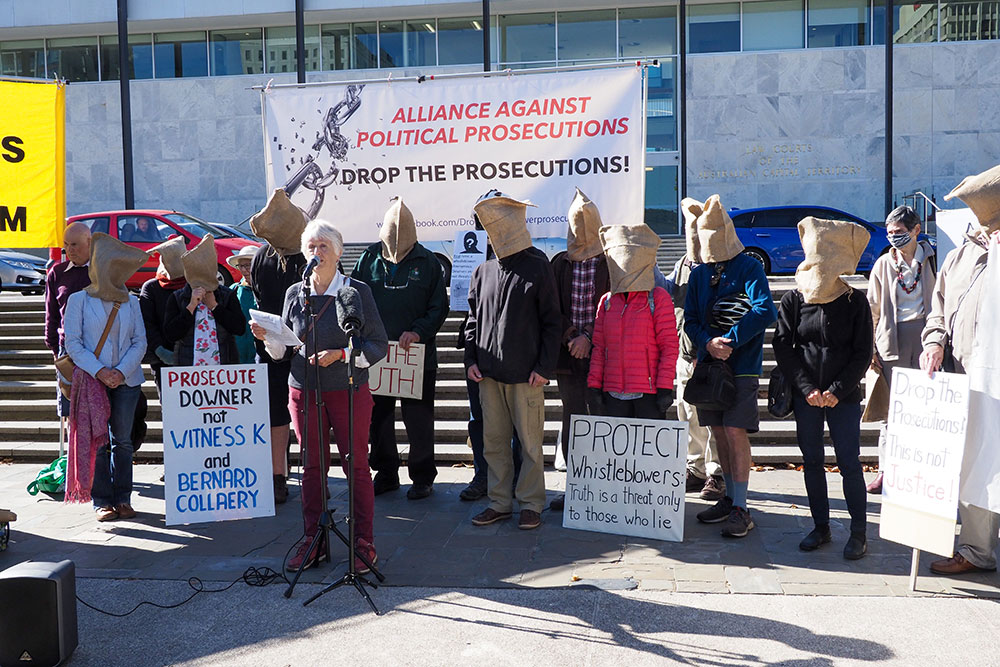
Currently, the Australian government is moving to prosecute Witness K, Bernard Collaery and David McBride for blowing the whistle on the corrupt practices of government and its agencies.
Kathryn, the AAPP is campaigning against these political prosecutions. Broad speaking, why are they problematic?
They’re problematic on many counts. The government is acting vindictively to silence them and to hide possible crimes. At the same time, the justice system is being undermined through the secrecy being used in the trials.
It brings up many more issues. Terrorism legislation is being used in relation to Bernard Collaery. There are more than 70 pieces of terrorism legislation in Australia. This is many more than in any other comparable developed country.
We’ve gone over the top with it, because there’s no suggestion that any of these people are terrorists. So why that legislation is being used is unfathomable.
These cases also bring up questions around the role of the Commonwealth Director of Public Prosecutions.
The attorney general signed off on the prosecutions. But the independence of the CDPP is still in question, as it’s very hard to see how these cases could be in the public interest.
We need clearer definitions of what the public interest and the national interest are. The role of the CDPP is really under question in these cases.
In terms of the secrecy being used, it’s being used to cover up corruption. There are a lot of revelations about helium that should have been included in the Timor agreement that shared out the resources.
Apparently, Australia sought a redefinition of petroleum so that it didn’t include helium. This meant that billions of dollars in helium profits are going to companies involved but none is going to Australia and East Timor.
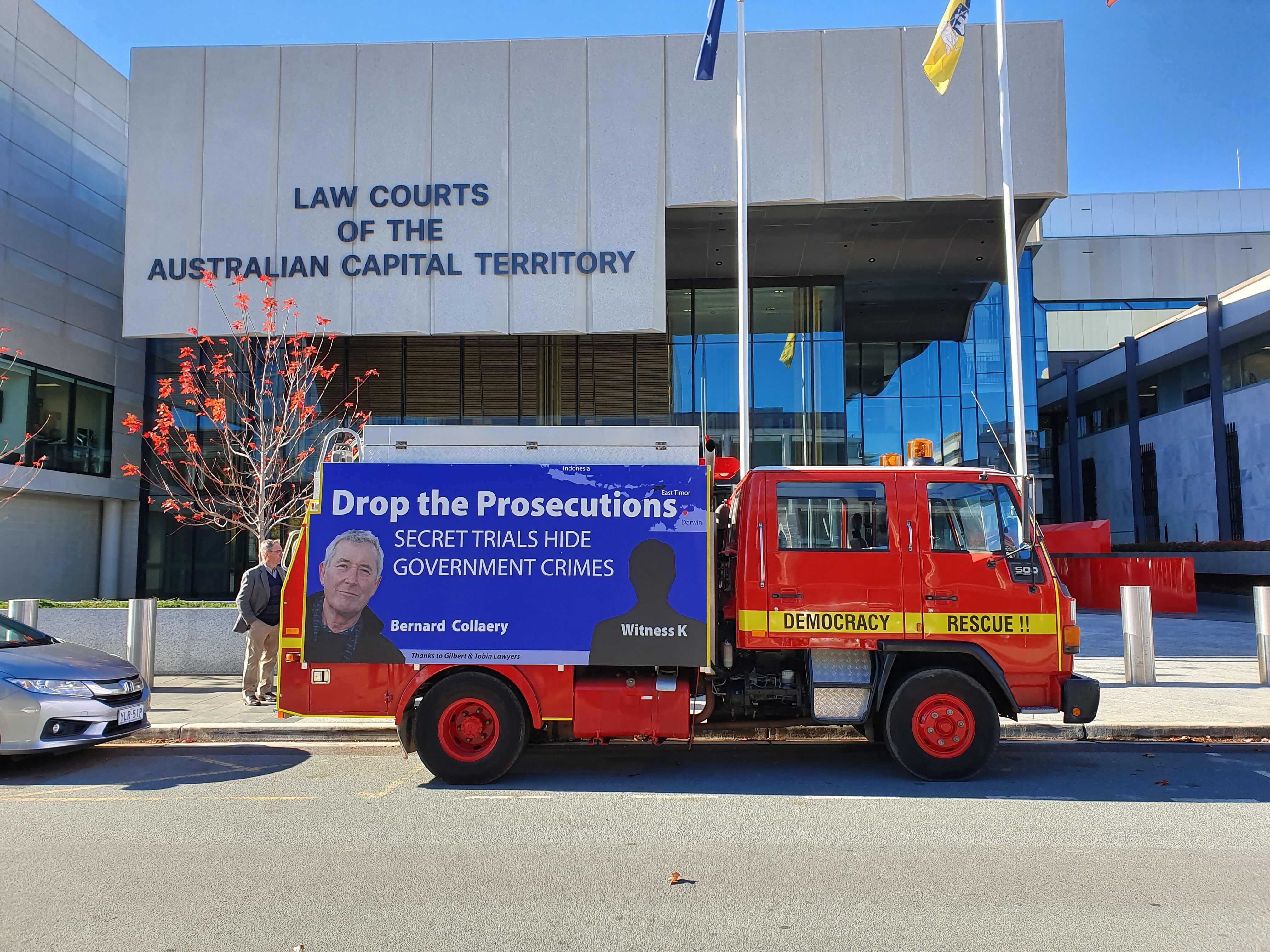
The Coalition government raided the houses of Witness K and his lawyer Bernard Collaery in 2013. However, it wasn’t until 2018 that they were charged.
The Inspector General of Intelligence and Security advised K to seek legal advice from Bernard Collaery as he was ASIS approved.
A lot of people find it confusing that government officials recommended that Collaery advise K around the 2004 Timor bugging incident, and yet now he is being prosecuted. What are your thoughts on how this all transpired?
I’m not sure if Witness K was advised to seek advice from Bernard on the bugging. It was more in regard to an employment matter because he was being discriminated against because of what he’d gone to the Inspector General about.
This wouldn’t have gone down very well within the organisation.
Bernard is being prosecuted because the government didn’t want the bugging exposed and who was responsible for it. Everyone knows that it happened, and it is only harming Australia’s international reputation, the longer that these matters are dragged out.
The raids on Bernard’s and Witness K’s homes happened at the start of the case in the Permanent Court of Arbitration in The Hague.
Apparently, these matters could have been kept out of the public eye, but Australia chose to take another route, which was bound to get public attention by undertaking these raids.
Maybe this is just a case of incompetence, and they didn’t realise that they could keep the matter out of the public eye.
To continue to punish Witness K and Bernard Collaery can only be vindictive, and to send a message to all government employees that this is what’s likely to happen to them if they speak out against wrongdoing.
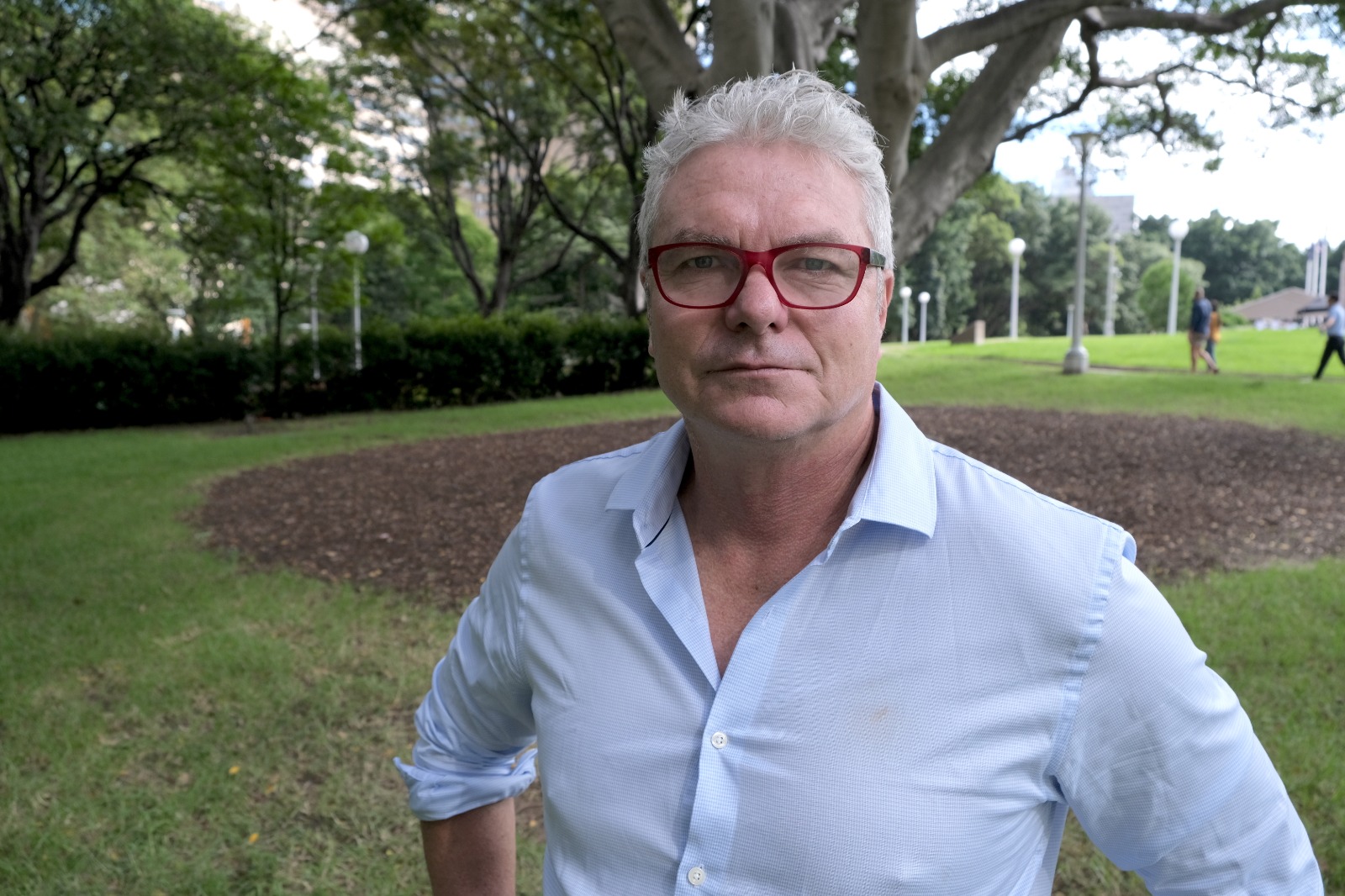
Another high-profile political prosecution that’s taking place is that of David McBride, over his having gone public about Australian special forces troops perpetrating war crimes in Afghanistan.
However, the government commissioned an official four-year-long investigation into these same allegations, which produced the Brereton report.
Despite Brereton and McBride exposing similar matters, the government is continuing to seek to punish the former military lawyer for his actions. In your opinion, how can the government reconcile these two acts?
It’s very hard to reconcile. I didn’t know that the Brereton report was commissioned earlier than the ABC Afghan Files broadcasting, until I read that in Sydney Criminal Lawyers.
Perhaps it was that the Brereton report would have been kept out of the public eye and what David did in exposing these matters made it very public.
This is again another matter of punishing the person who is telling the truth and bringing it to public notice.
It is irreconcilable as to how they can be investigating and potentially prosecuting the ones who allegedly committed war crimes, while, at the same time, they’re moving to prosecute David McBride.
Could it be that if they’re both found guilty, they would be in gaol together? That would be unconscionable.
Collaery is currently challenging the closed court stipulations that the government has applied to his case under the NSI Act.
The government says this has been done to protect the nation’s national security, although many of his supporters have their doubts about this.
What are your thoughts on why the government is increasingly moving towards closed court hearings over recent years?
The current government is unaccountable. It’s the least accountable government we’ve had for many decades.
They don’t answer questions. They’ve thrashed the funding of the ABC and the Australian National Audit Office. Those institutions are necessary for transparency in our democracy.
They refuse to establish a federal ICAC. And there is the over-the-top adoption of so many surveillance laws, which indicates that they’re repressing transparency and accountability.
It really is a threat to our democracy and freedom of speech.
Following the rape allegations made against Christian Porter in March, AAPP called for him to be stood down from the position of attorney general. Your group further pointed to a number of other reasons that warranted this move.
Now that we have Michaelia Cash as the new AG, will we see any turnaround in relation to how the government is approaching these political prosecutions?
Not really. We were concerned about Porter on a number of counts, as you’ve recognised. There was his lack of compliance with legal reporting requirements around the national security information orders.
There was his defence of Alan Tudge when it was found he’d been illegally detaining an asylum seeker in defiance of an order by the Administrative Appeals Tribunal.
There was his management of the robodebt scheme and his prosecution of Witness K. These all reflect incompetence or bad judgement.
But Michaelia Cash won’t signal a turnaround unless the government thinks that the issues are getting too big or too public, and she’s then basically told to stop them.
I can’t see her acting on her own to see these prosecutions as unjust and then having a word to the CDPP that they should not continue. It would be nice to think she would – but we’ll see.
And lastly, Kathryn, it came to light at a Senate Estimates hearing in March that the prosecutions of Witness K and Collaery have almost cost the Australian taxpayer $4 million.
But apart from the financial burden, what sort of cost would you say these prosecutions are placing on the Australian public going into the future?
I’m not so worried about the financial costs, although they are significant.
The loss of trust in the judiciary and the CDPP is critical. If we can’t trust our justice system, who can we trust – why should anybody obey the law?
The independence of the CDPP has been called into question. And the use of closed court hearings, particularly in Bernard’s case, are really giving the impression that we are going into a police state – and that’s pretty scary.
So, these prosecutions really need to be turned around.




